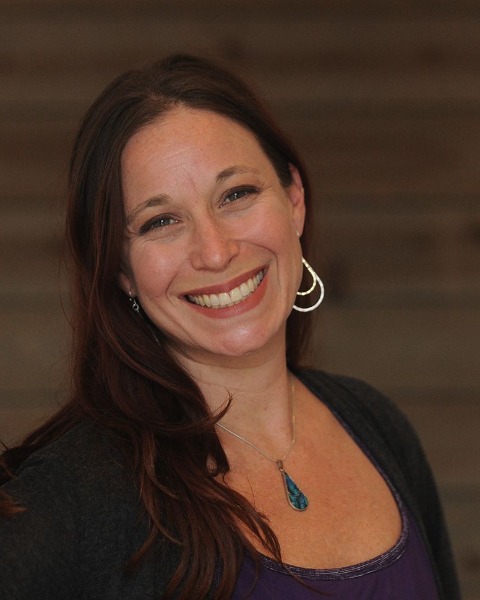Back
Home Performance Policy
Smart Homes: Utilizing Smart Connected Systems for Climate Control and Assistive Technology
Tuesday, April 8, 2025
3:30 PM – 4:30 PM
Location: Strand 11 (Level 2)
CE: 1 CEU credits
CEU Type(s): BPI, BSI, EA, INTERNACHI, NARI, QCI, RESNET
.jpg)
Lieko Earle (she/her/hers)
Senior Buildings Researcher
National Renewable Energy Laboratory (NREL)
Golden, Colorado
Beth Karlin (she/her/hers)
Founder and CEO
See Change Institute
Venice, California
The availability of smart, connected thermostats has improved climate control, energy efficiency, and grid demand-response programs for central HVAC systems. However, significant gaps exist in both addressing integrated control systems for point-source heating and cooling systems and in engaging customers to participate in relevant energy programs. This session highlights the results of two recent research studies:
1. NREL recently released a report that examines the emerging market of third-party connected thermostats tailored for these systems, focusing on their effectiveness, reliability, and potential barriers to adoption. Project scientist Dr. Lieko Earle will discuss key findings from the study which evaluates several commercially available products designed for room ACs and MSHPs through a series of laboratory tests.
2. See Change Institute and Uplight conducted a national survey that examined gaps along the decision-innovation process of utility program adoption. Lead researcher Dr. Beth Karlin will present findings on program awareness, interest, and participation as well as recommendations for how program implementers may address gaps in the knowledge, persuasion, and decision phases of program participation.
These studies underscore the importance of further innovation in both connected thermostat technology and demand response program marketing to address the diverse needs of single-zone HVAC systems and the people who use them.
1. NREL recently released a report that examines the emerging market of third-party connected thermostats tailored for these systems, focusing on their effectiveness, reliability, and potential barriers to adoption. Project scientist Dr. Lieko Earle will discuss key findings from the study which evaluates several commercially available products designed for room ACs and MSHPs through a series of laboratory tests.
2. See Change Institute and Uplight conducted a national survey that examined gaps along the decision-innovation process of utility program adoption. Lead researcher Dr. Beth Karlin will present findings on program awareness, interest, and participation as well as recommendations for how program implementers may address gaps in the knowledge, persuasion, and decision phases of program participation.
These studies underscore the importance of further innovation in both connected thermostat technology and demand response program marketing to address the diverse needs of single-zone HVAC systems and the people who use them.
